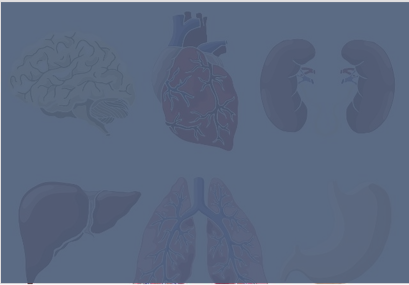Introduction
The details of SympGAN can be found in our Knowledge-Based Systems paper. Please CITE our paper when SympGAN is useful for your research.
@article{lu2023sympgan,
title = {SympGAN: A systematic knowledge integration system for symptom–gene associations network},
author = {Lu, Kezhi and Yang, Kuo and Sun, Hailong and Zhang, Qian and Zheng, Qiguang and Xu, Kuan and Chen, Jianxin and Zhou, Xuezhong},
journal = {Knowledge-Based Systems},
volume = {276},
pages = {110752},
year = {2023},
publisher={Elsevier}
}SympGAN is a high-quality symptom-gene associations networks curated from the integrated relationships from both disease and drug perspectives. The construction of SympGAN filled in the gap and built millions of associations among symptoms, genotypes, diseases and drugs, which has a great prospect to promote precision medicine and health care.
SympGAN curated a currently most complete set of 12,560 normal symptom terminologies and a high-quality symptom-gene associations with 401,126 records between 3,144 symptoms and 15,625 genes for the first time by manual efforts, Named Entity Recognition filtering with RoBERTa and computational methods from large-scale integrated symptom-related biomedical relationships from multiple databases. The biomedical relationships contains symptom-disease relationships (184,648 records between 2,504 symptoms and 15,317 diseases), symptom-drug relationships (61,731 records between 965 symptoms and 1,159 drugs), drug-target associations (14,115 records between 5,372 drugs and 2,586 targets) and phenotype-genotype associations (404,566 records between 18,928 phenotypes and 19,331 genes).
With appropriate visualizations and inter-database interface integrations (e.g. protein-protein interaction network of STRING 11), SympGAN proposes a one-stop web tool for exploring the clinical description, associated diseases, associated genes, associated drugs and the molecular networks of symptoms, which assists the interpretation and exploration of symptom phenotypes with respect to their genetic origin. To facilitate the research of symptom science and precision medicine, we developed two typical search options for supporting of the query of multiple symptoms and combination of diseases and symptoms, which would offer an easy-to-use interface for investigating the underlying molecular mechanisms of symptom clusters and disease subtypes.

12,560


25,819


5,624


60,844

